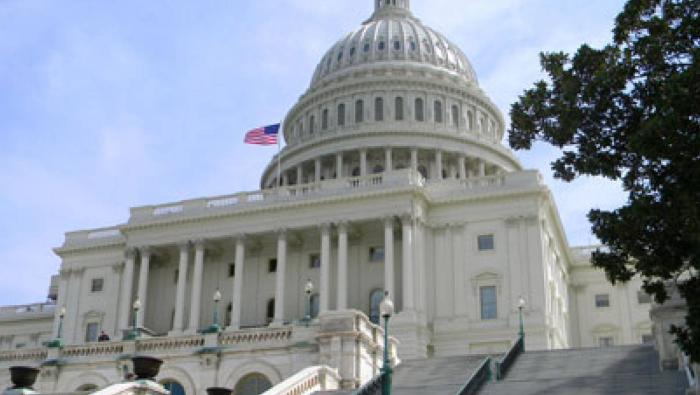Touting successes in reducing aircraft noise exposure, a cross-section of U.S. aviation organizations are appealing to the Senate Commerce Committee leadership to refrain from loading down the comprehensive FAA reauthorization bill with new noise measures that could harm the industry or be counterproductive. Senate leaders are hoping to bring the FAA bill up for consideration, perhaps next week, but have been working through amendment proposals in advance.
NBAA and GAMA joined six other aviation organizations representing commercial airlines, cargo carriers, manufacturers, and airline pilots in a letter to Commerce Committee leaders pointing out, “While appreciating that aircraft noise exposure is an issue in certain communities, U.S. aviation has achieved tremendous noise reductions and the aviation industry remains committed to further advancements.”
The number of people exposed to significant aircraft noises levels has dropped by 94 percent over the past 40 years and 53 percent alone between 2000 and 2016, the organizations said. This comes as enplanements have quadrupled since the late 1970s, they added.
Further improvements are on the way through initiatives such as the Continuous Lower Energy, Emissions, and Noise” (CLEEN) program, as well as recently adopted legislation requiring community outreach by the FAA. Further measures already included in the Senate FAA bill will augment these efforts, the groups said.
“But, in any event, amendments that decree new noise measuring protocols, metrics, or thresholds; dictate flight paths; and/or adopt airport-specific flight procedures or aircraft operating restrictions would be highly concerning,” the letter adds. “Such legislative mandates would be shortsighted and counterproductive because they would seriously undermine the wide range of safety and environmental benefits associated with NextGen and the stability and connectivity of the national airspace system.”
Many such measures had been proposed to the House version of the FAA bill, but had been struck down before the legislation reached the House floor.
“Business aviation operators, the commercial airlines, engine and airframe manufacturers, and airports have significantly reduced noise exposure through the development and deployment of new, quieter technology applications and the implementation of noise abatement operational procedures,” said Dick Doubrava, NBAA vice president of government affairs. “The industry is successfully implementing aircraft noise management and community outreach provisions already in place.”
Joining NBAA and GAMA in signing the letter were the Air Line Pilots Association, Airlines for America, Cargo Airline Association, National Air Carrier Association, and the Regional Airline Association.







